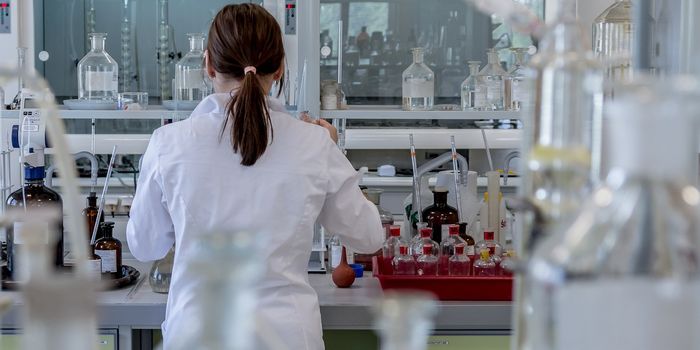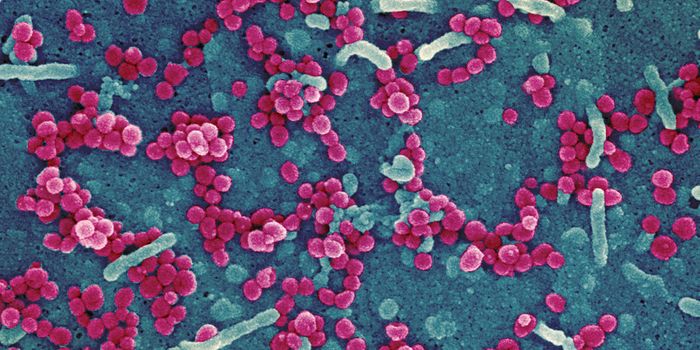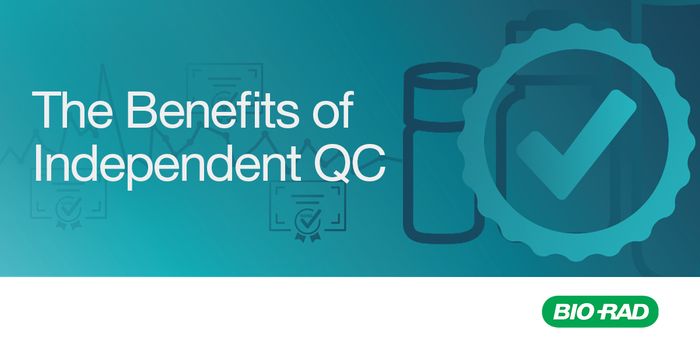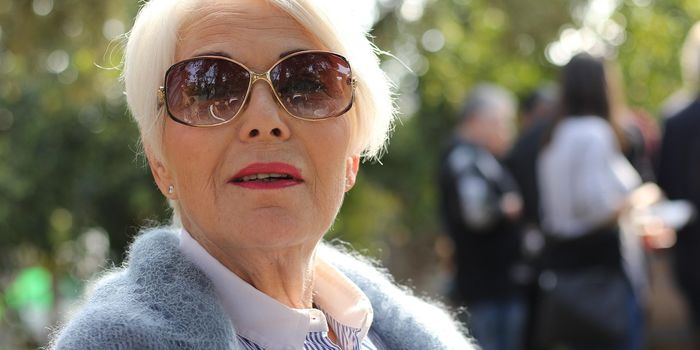Why COVID Herd Immunity Is Important but Impossible
The number of confirmed COVID-19 cases worldwide is steadily approaching 12 million. Meanwhile, despite accelerated timelines, clinical interventions like vaccines and drugs are still in the works. At the beginning of the year, as the pandemic raged through communities and lockdowns saw economies tailspin into chaos, many experts saw the concept of attaining so-called “herd immunity” as a way out of the impasse. However, while once touted as a viable means of managing and de-escalating the COVID crisis, mounting scientific evidence is now pointing to the contrary.
The concept of herd immunity is simple. The SARS-CoV-2 virus is transmitted from human to human. So, if the majority of the community becomes immune to the coronavirus, the risk of spreading COVID-19 from person to person drops dramatically. Consequently, the whole community, or herd, is shielded from infection, not just the immune individuals. Individuals can acquire this immunity either through vaccinations or from a natural infection.
Here’s the catch — for herd immunity to work, the percentage of people that are not immune to COVID-19 has to be very small. This ratio of unprotected people, known as the threshold proportion, varies from disease to disease, but generally has to be tiny for herd immunity to be effective. For the highly contagious viral disease measles, for instance, experts predict less than 6 percent of the population can be unvaccinated to freeze viral transmission.
In the absence of a COVID-19 vaccine, natural infection is the only option — a strategy with an extremely high price to pay. Even with COVID’s relatively low mortality rate, hundreds of thousands would die as infections swept through the population. This was proven by Sweden’s controversial approach of bypassing lockdowns and stringent social distancing measures, which resulted in a surge of fatalities, far surpassing numbers in neighboring Nordic countries. Moreover, even those who survive the infection are not out of the woods. Scientists are just now uncovering some of the dangerous long-term effects of COVID-19, including diabetes-like symptoms, chronic fatigue, and multi-organ damage.
This week, a study published in The Lancet cast even more doubt on the once-popular herd immunity theory. It reported that just 5 percent of people in Spain (one of the hardest-hit European countries) tested positive for protective antibodies against the coronavirus, leaving a whopping 95 percent vulnerable to infection. The study, which took samples from over 60,000 participants, is the first and largest of its kind. To make matters worse, experts are still uncertain of whether the presence of antibodies is fully protective against COVID reinfection.
Experts Isabella Eckerle, head of the Geneva Centre for Emerging Viral Diseases, and Benjamin Meyer, a virologist at the University of Geneva agreed that COVID herd immunity has hit a dead end, saying, "In light of these findings, any proposed approach to achieve herd immunity through natural infection is not only highly unethical but also unachievable."
Sources: CNN Health, The Lancet, Bloomberg.









